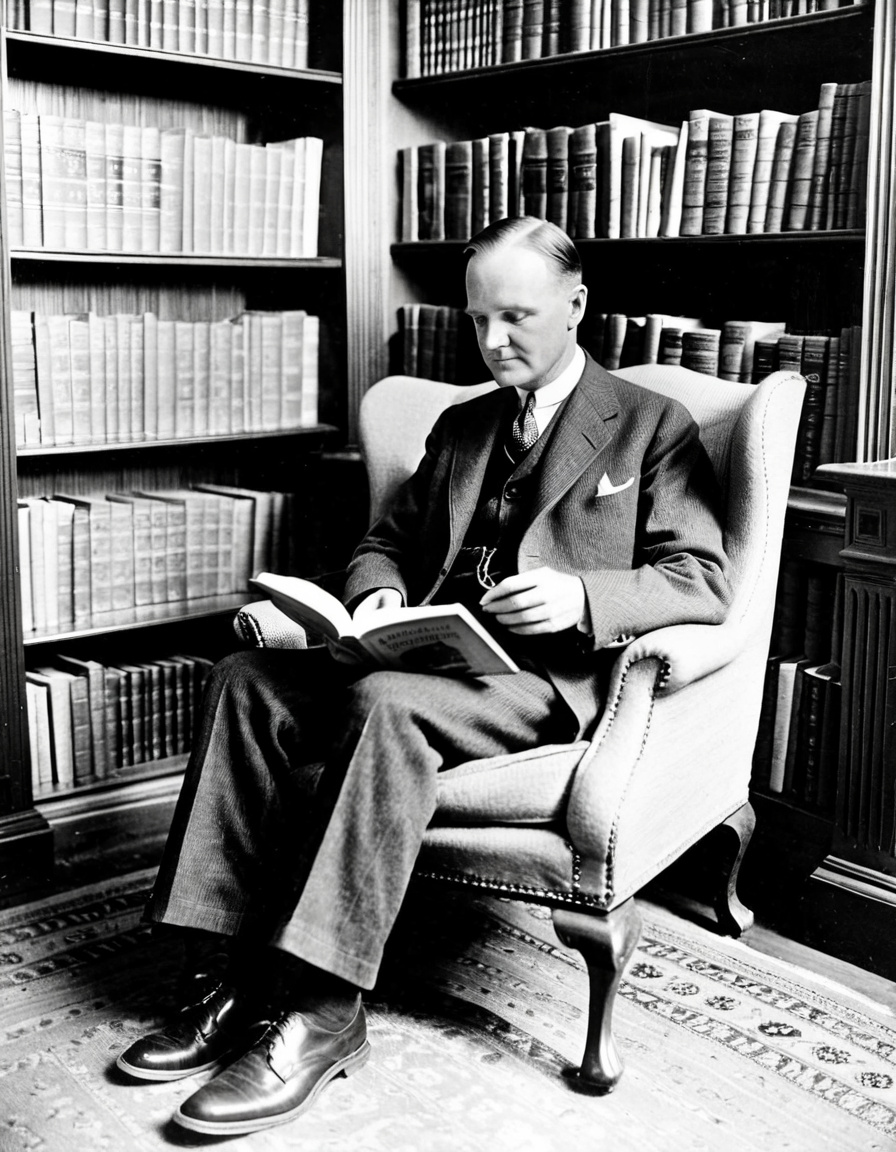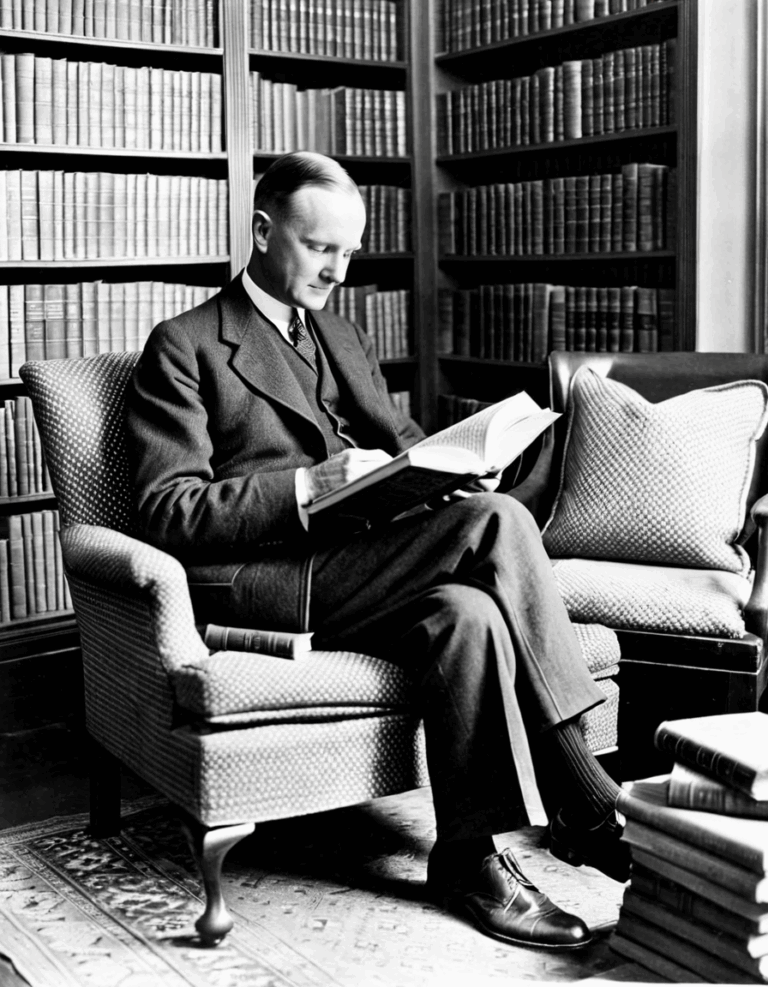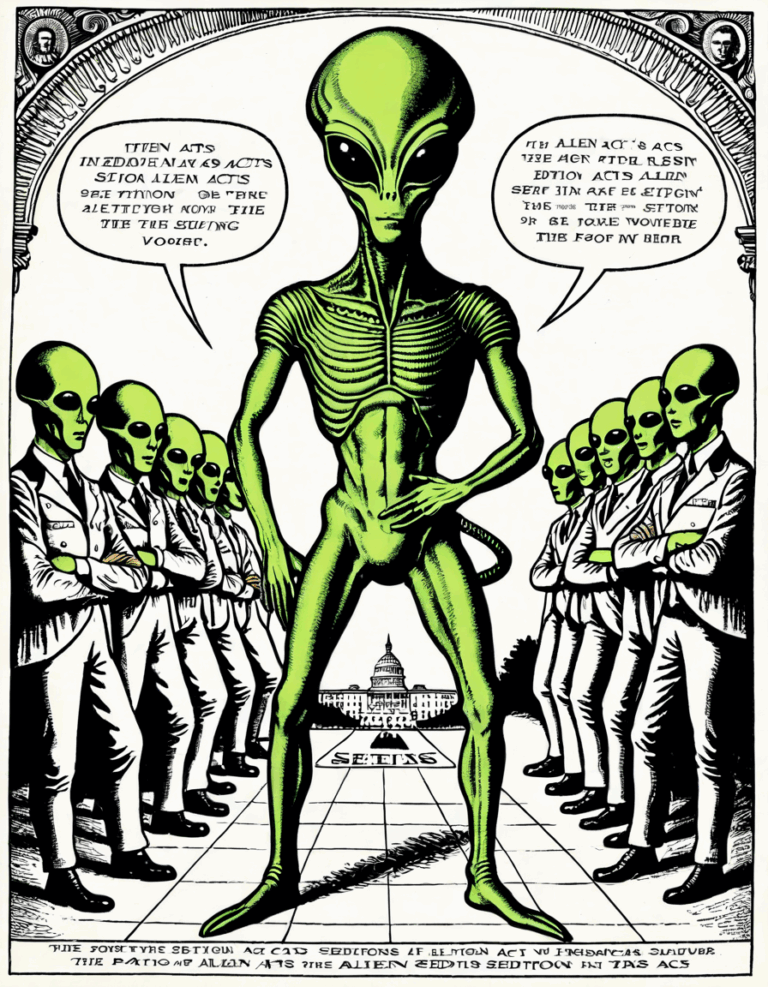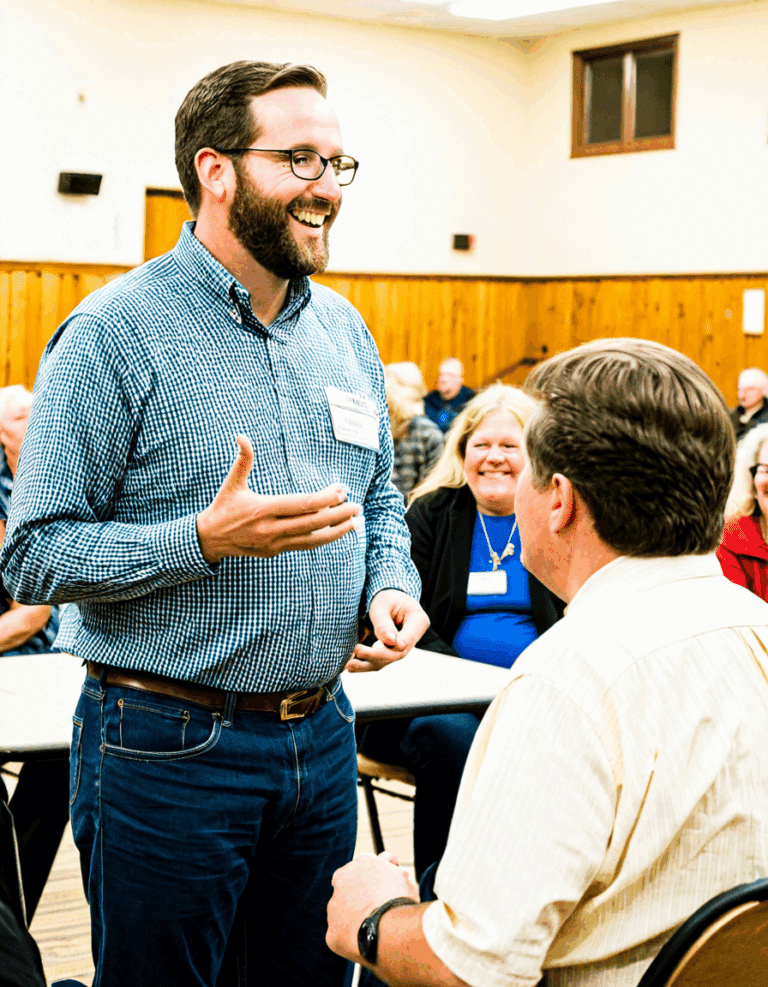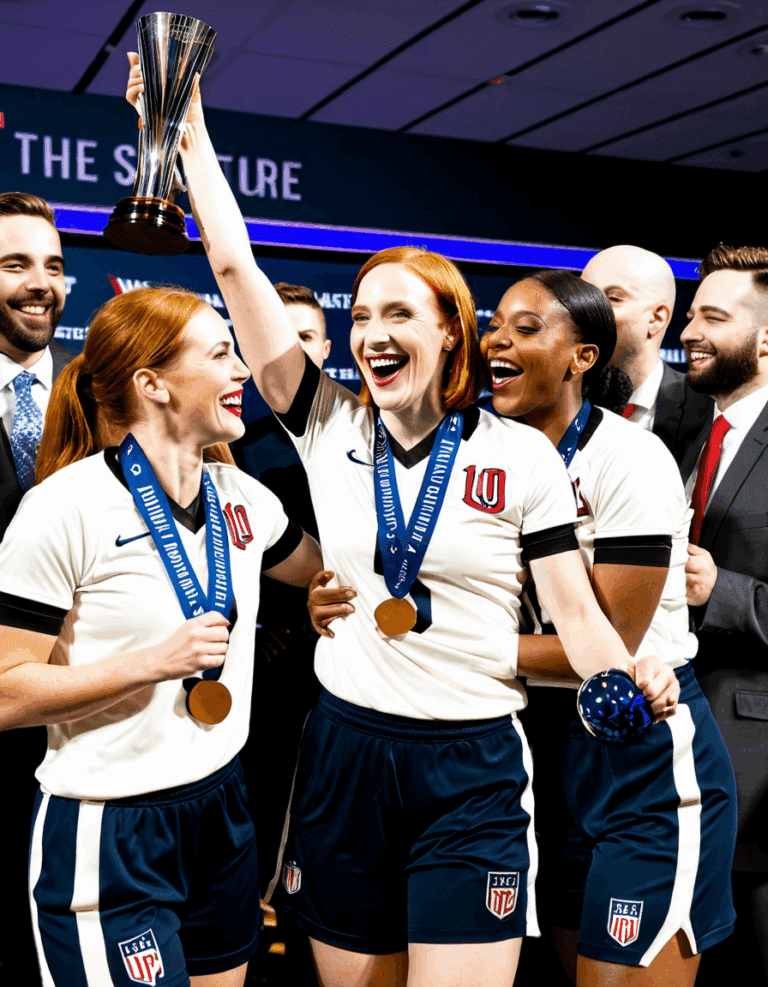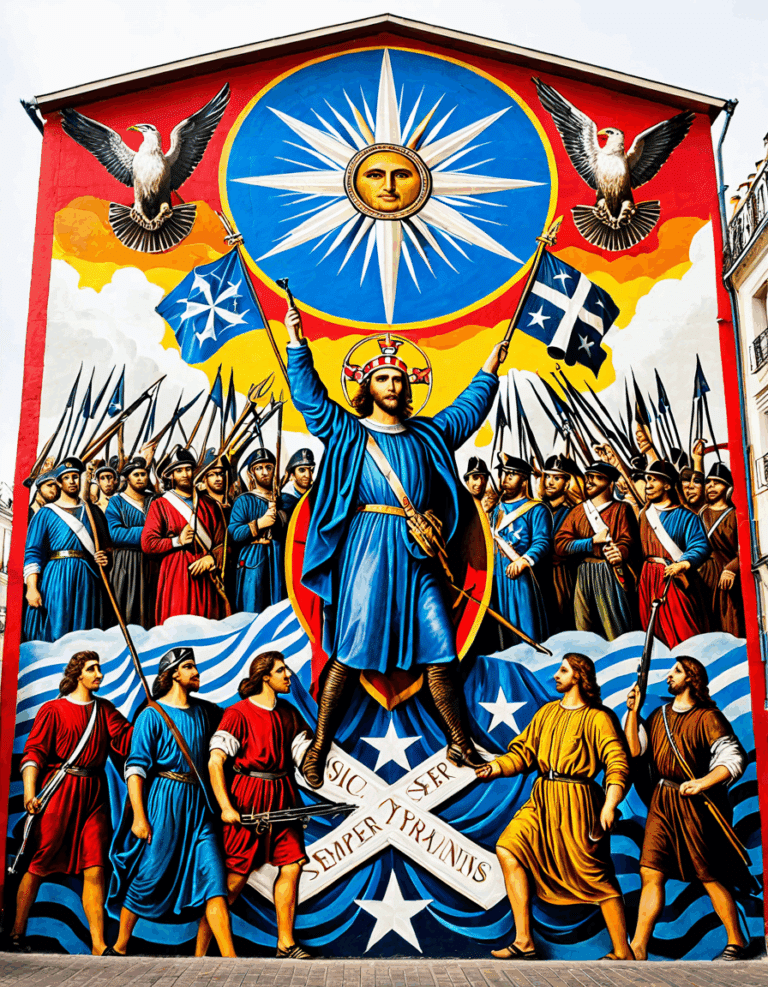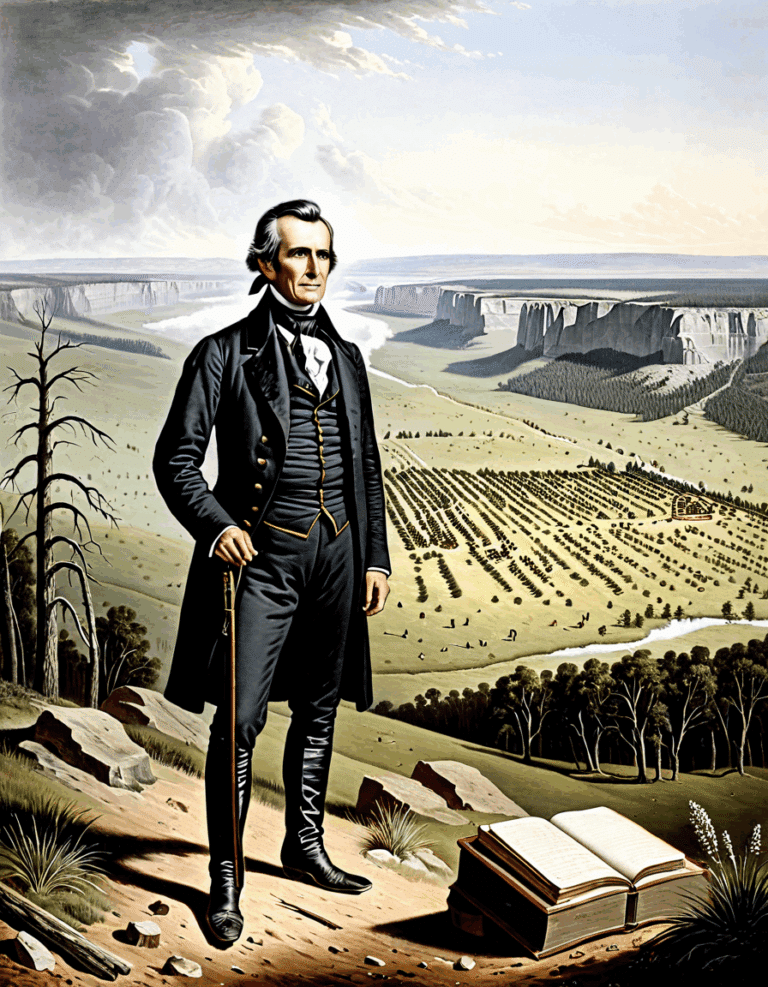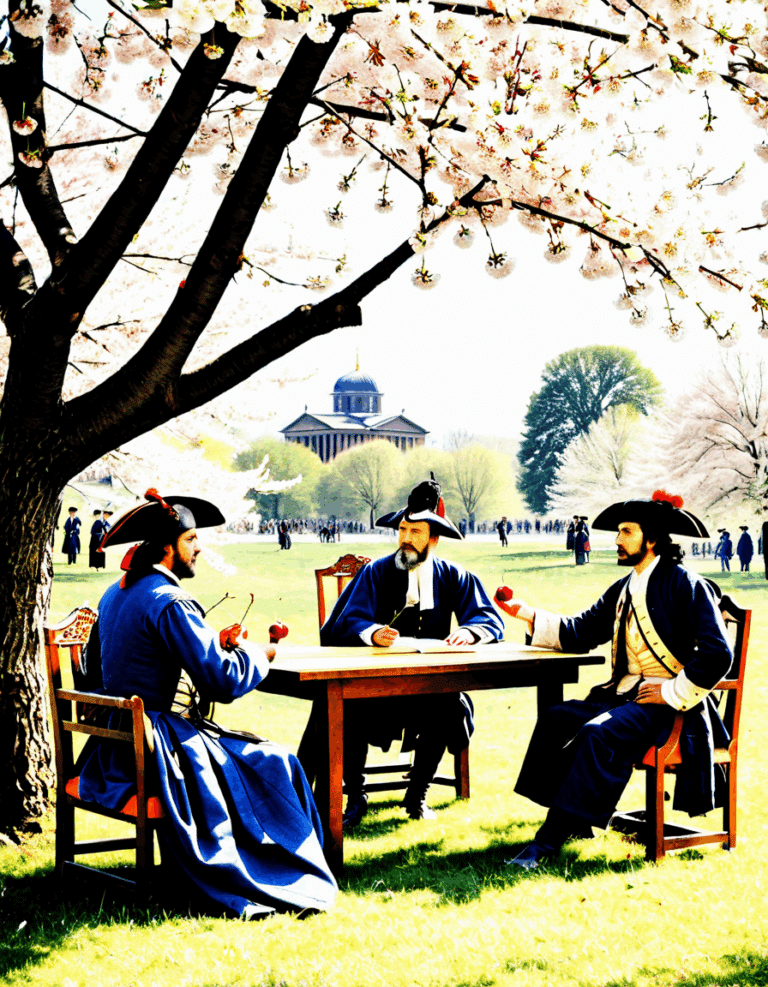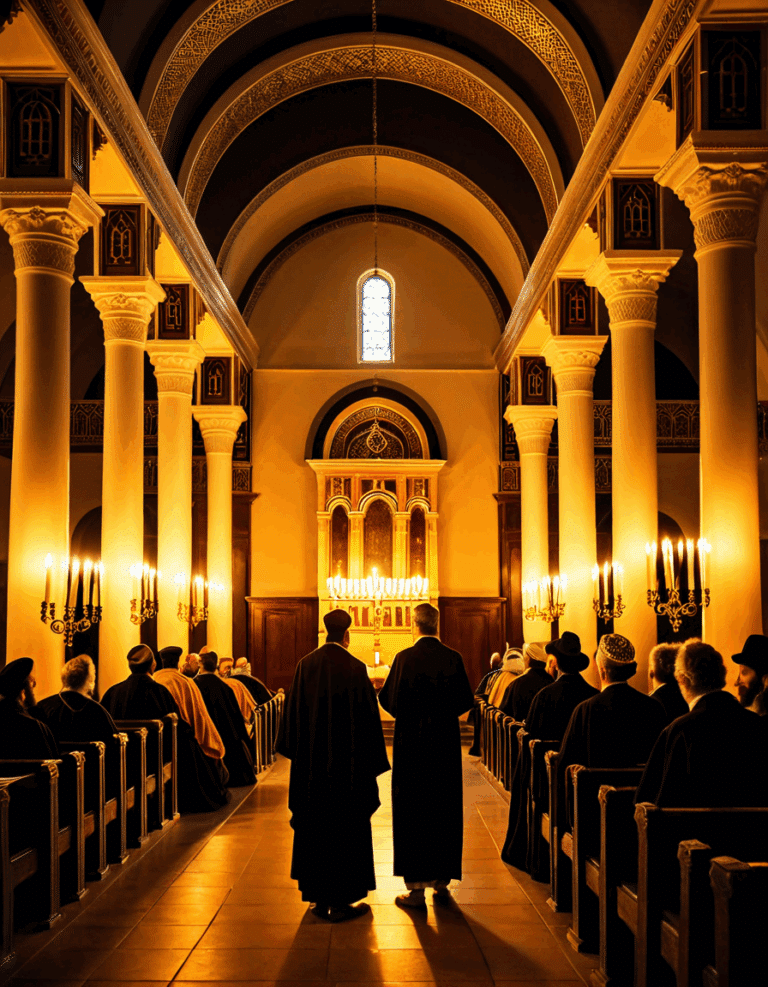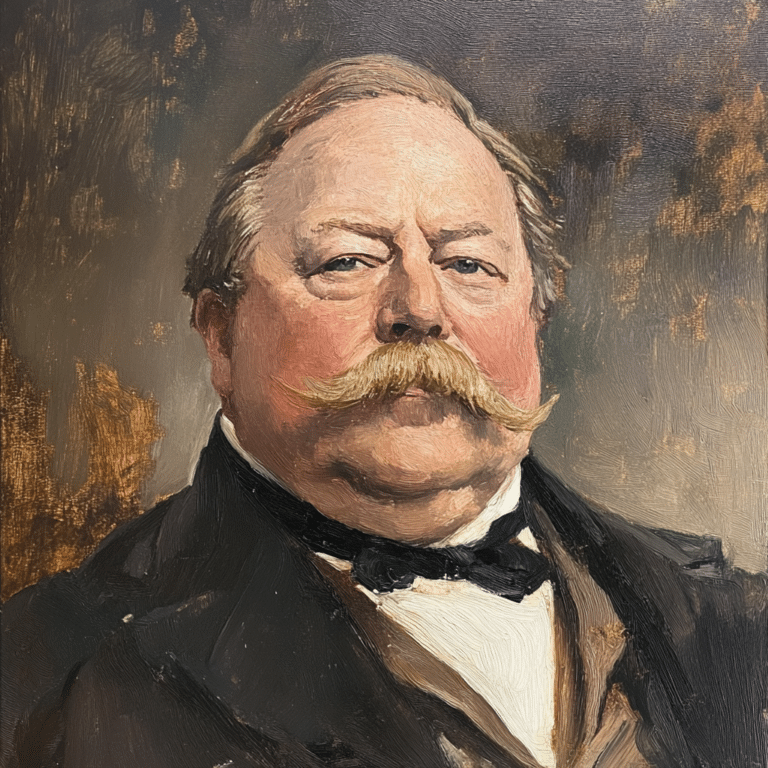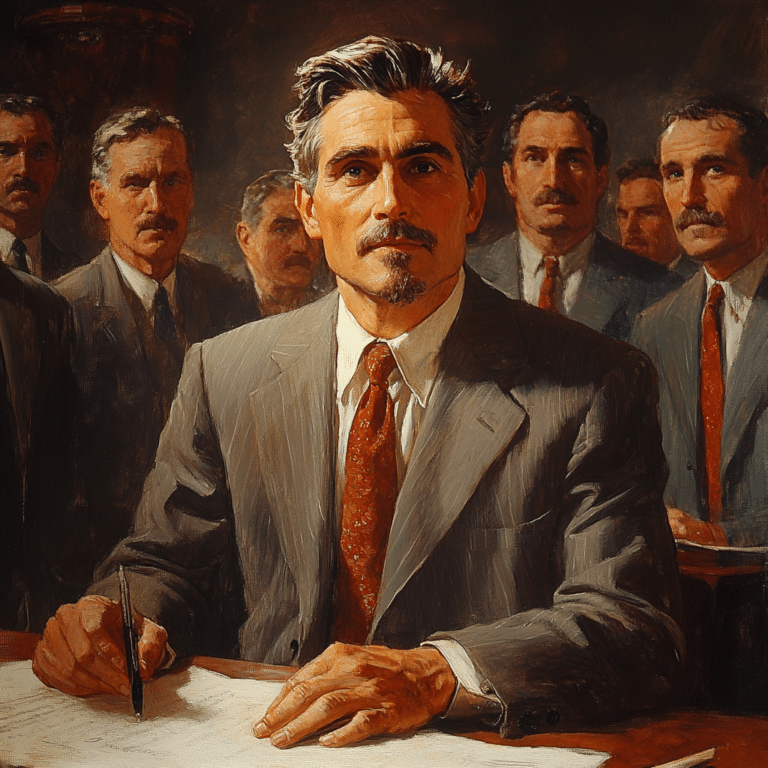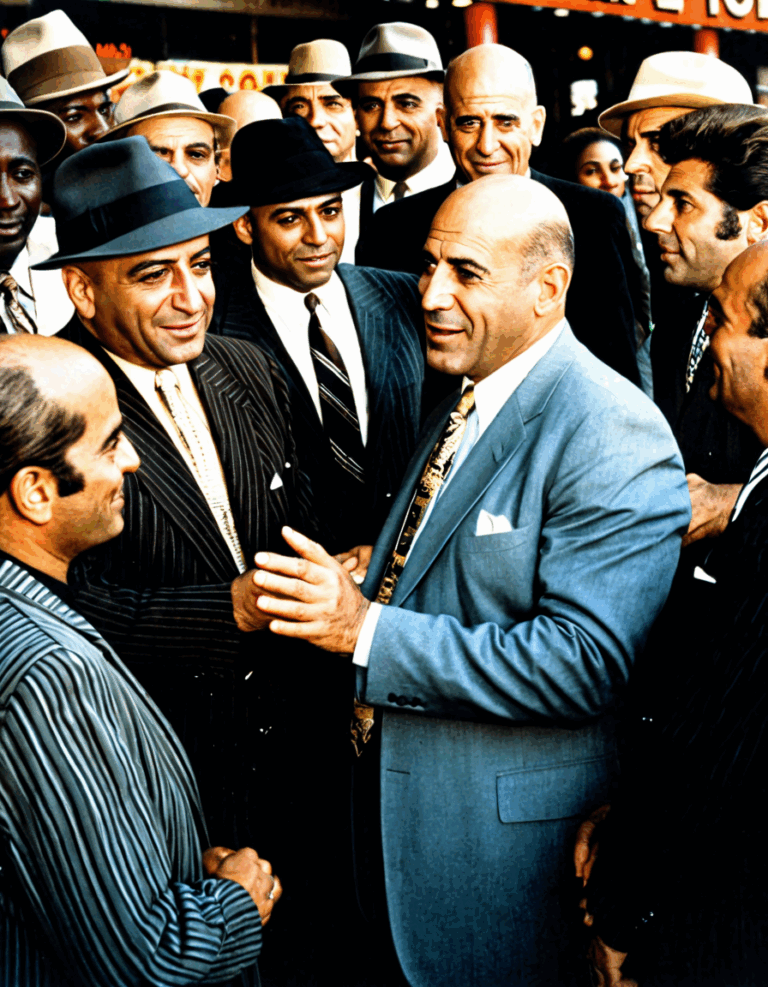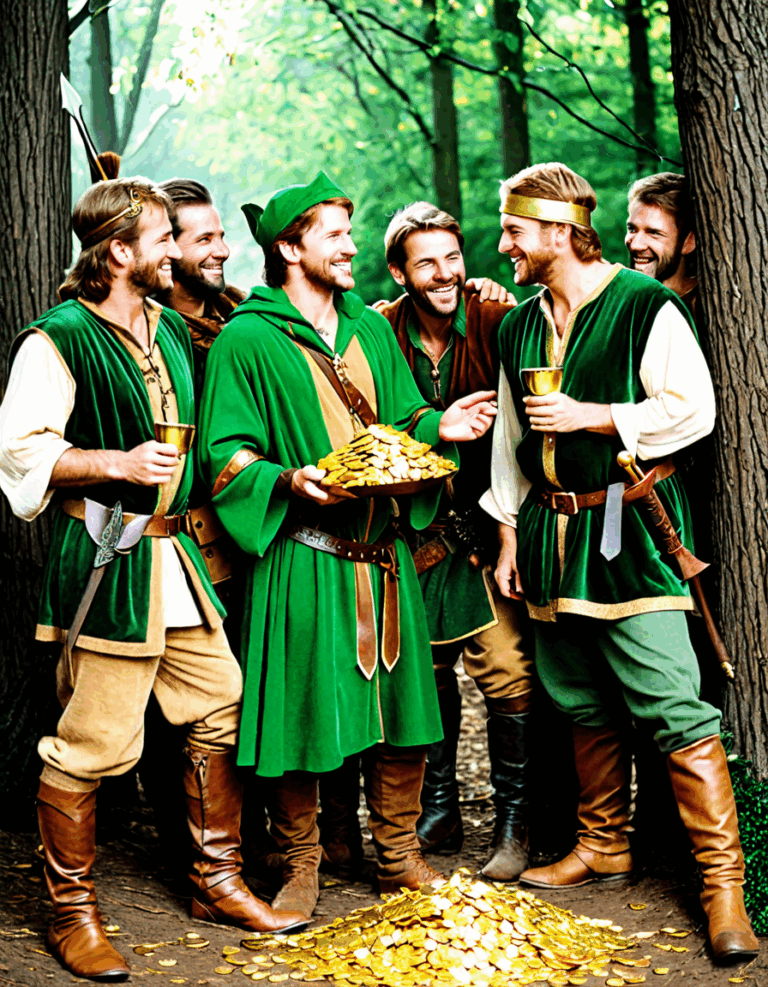Calvin Coolidge, the 30th President of the United States, can easily be regarded as one of America’s most underrated leaders. Often remembered as a man of few words, Coolidge’s legacy resonates due to the profound lessons he imparted on leadership, governance, and economic policy. With a style that emphasizes restraint, he taught us that sometimes, less really is more. His principles—pragmatism, minimalism, and unwavering fiscal conservatism—are what made him a remarkable figure in American history.
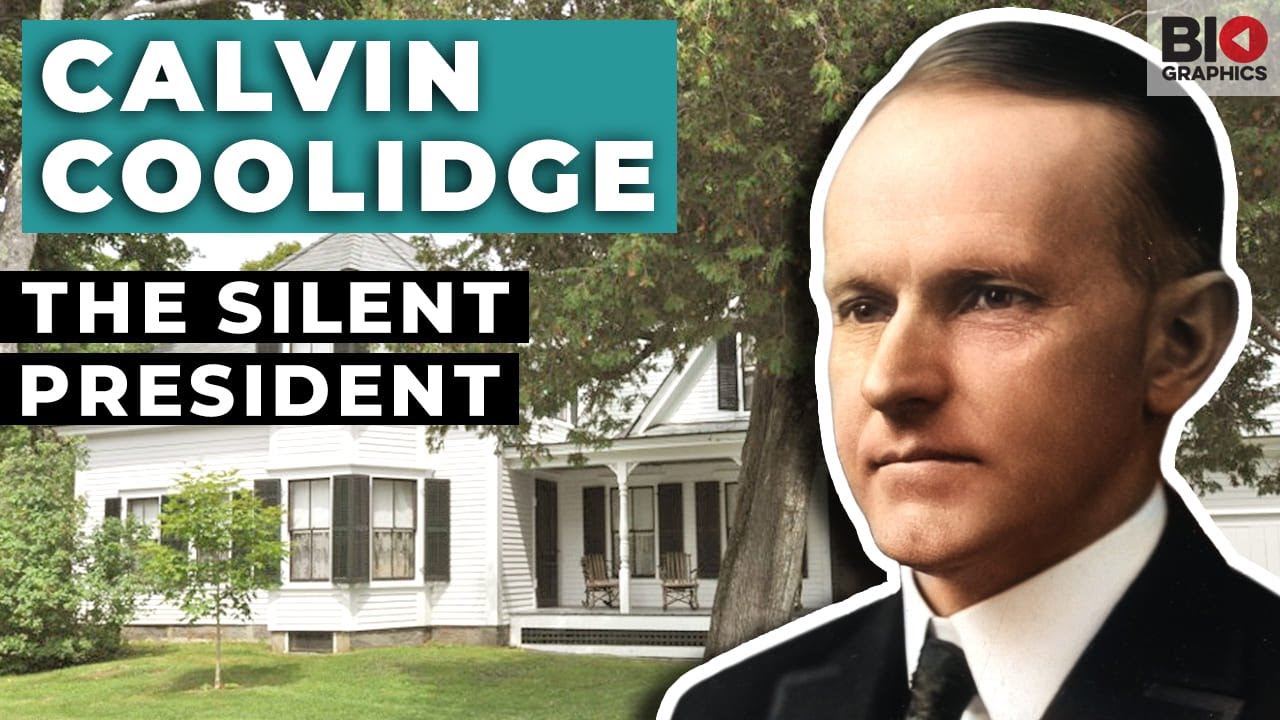
Understanding Calvin Coolidge’s Leadership Style
Coolidge had an approach to leadership that might seem quaint by today’s standards, yet it offered lasting insights. He believed in a government that stayed out of the day-to-day lives of its citizens while serving as a backdrop for American entrepreneurial spirit. He famously declared, “The business of America is business,” placing trust and responsibility in the hands of individuals rather than the government. His cool-headed demeanor and practical governance style encouraged a society built on ambition and hard work.
Three core principles exemplify Coolidge’s approach:
Through this framework, Calvin Coolidge showcased how quiet resilience could lead to effective governance.
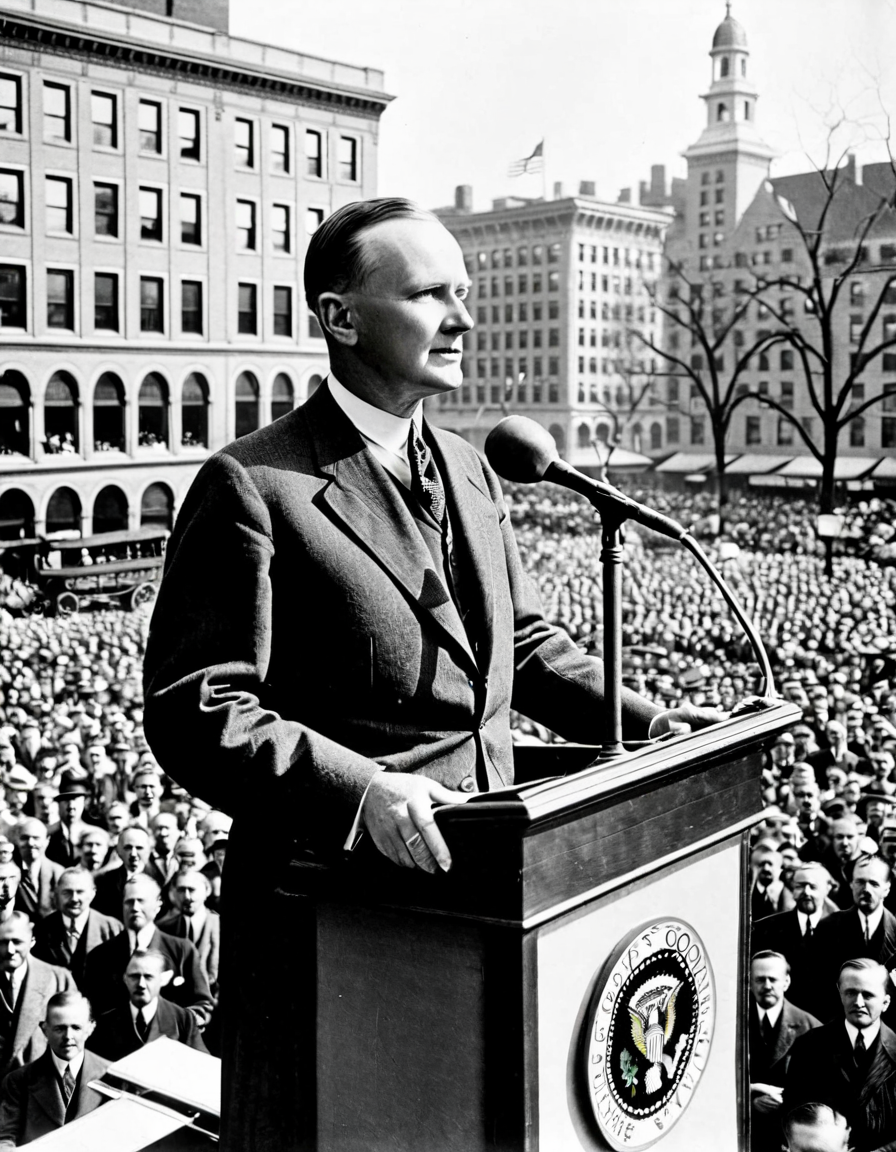
Top 5 Achievements of Calvin Coolidge: A Quiet Leader’s Impact
The accomplishments of Calvin Coolidge during his term from 1923 to 1929 are compelling monuments to his effective, if quiet, leadership.
Under Coolidge, the U.S. economy prospered. His administration’s light-touch policies and tax reductions kindled an economic boom. By slashing income tax rates, he kickstarted a cycle of consumer spending and investment that triggered a significant GDP increase, heralding what we now call the “Roaring Twenties.”
Amid a conservative Republican Party, Coolidge was an unexpected advocate for civil liberties. Although he remarked, “The business of America is business,” he supported initiatives promoting civil rights, notably pushing for the Indian Citizenship Act of 1924, which granted American citizenship to Native Americans.
Coolidge’s foreign policy advocated for peace through economic connections rather than military intervention. He championed the Kellogg-Briand Pact, striving for a global community that resolved disputes diplomatically—a belief that echoes in today’s political dialogue.
Recognizing the challenges faced by farmers, he backed the McNary-Haugen Farm Bill, aimed at stabilizing crop prices and fostering agricultural resilience. Although the bill met resistance in Congress, it illustrated his commitment to protecting rural America.
Following the scandals of the Harding administration, Coolidge prioritized transparency and ethics. His efforts to veto unnecessary bills and cut down on government redundancies helped rebuild public confidence in federal institutions, emphasizing integrity in governance.
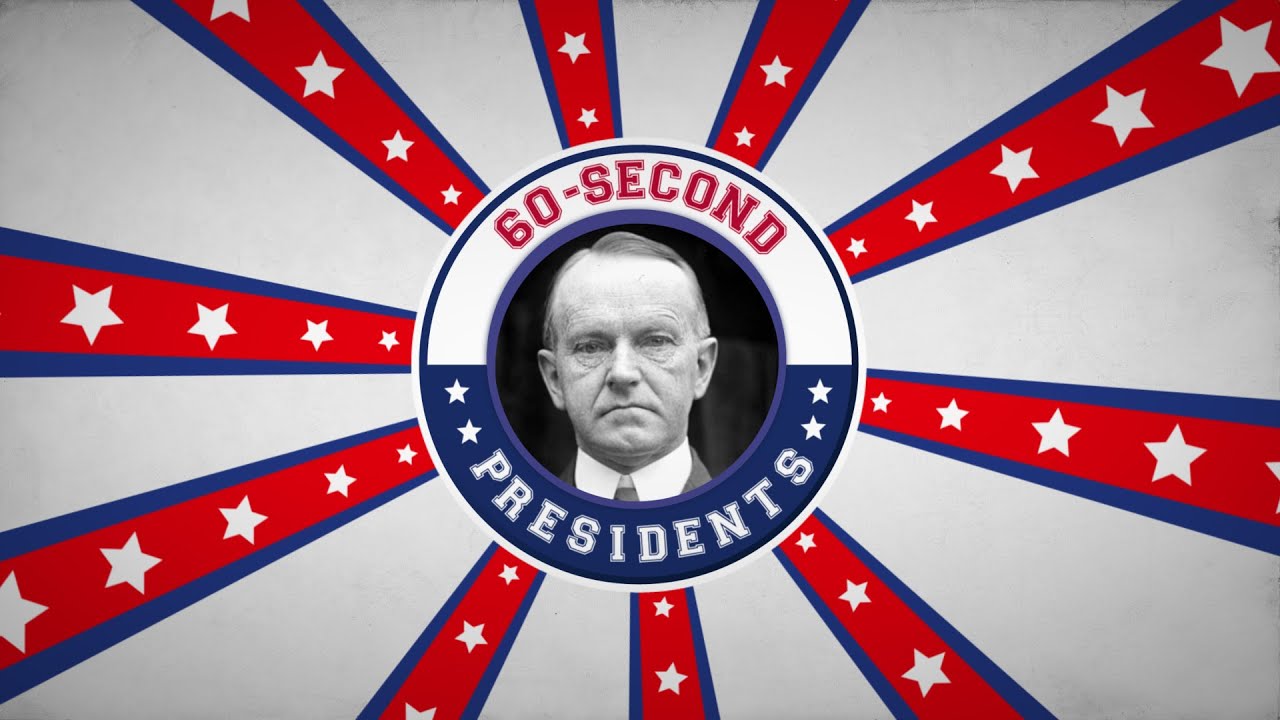
The Philosophical Underpinnings of Calvin Coolidge’s Governance
Coolidge’s philosophy reflects a nuanced understanding of the government’s role. Balancing individual freedoms with communal responsibility was vital for his administration. He characterized government as an extension of the people’s will, maintaining that “Never forget that government is founded on the authority of the people.” This quote highlights his commitment to democratic ideals, anchoring his strategy in the values of his constituents.
In steering through divisive issues, he emphasized a measured approach, allowing space for dialogue and deliberation. His belief that cooperation could yield better outcomes stands alongside his ardent desire for economic and social progress. Coolidge’s vision was that people, given the right environment, could thrive without excessive federal oversight.
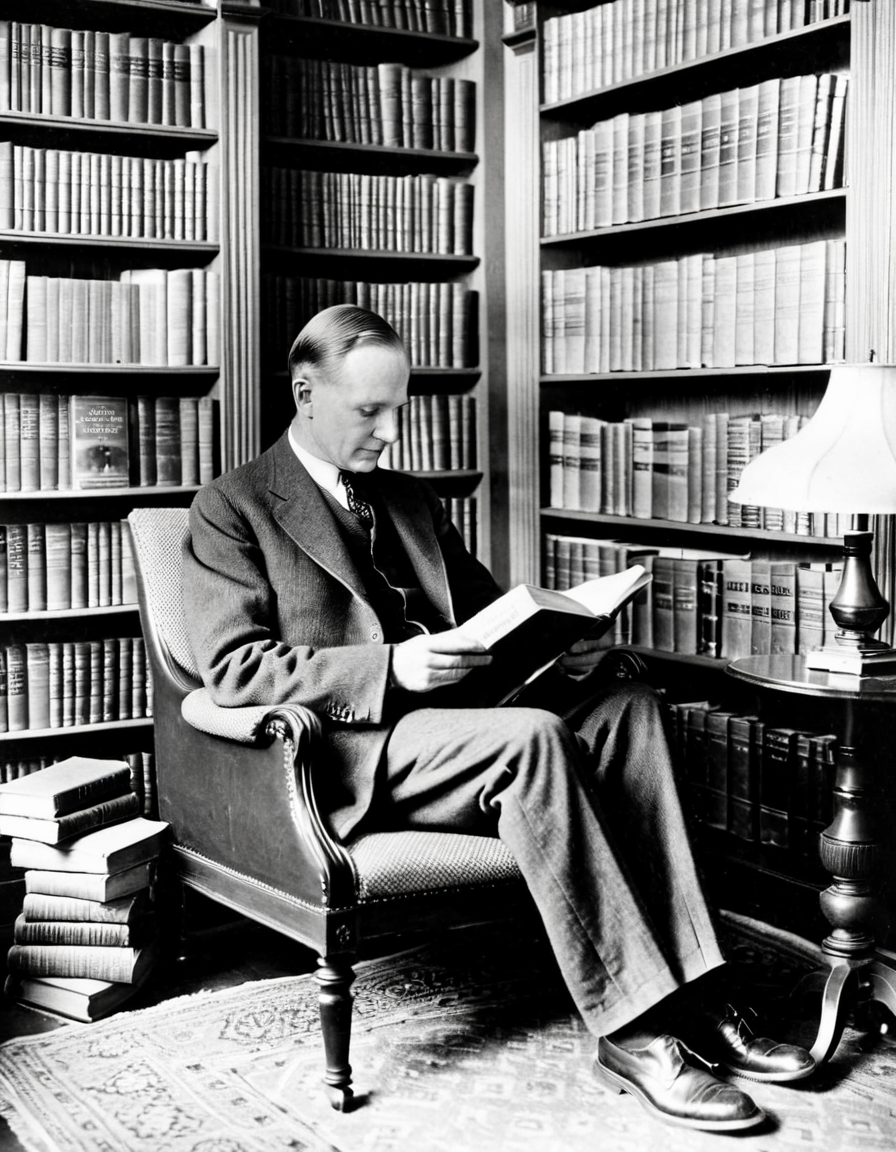
The Long-Term Effects of Calvin Coolidge’s Policies on Modern Governance
Even though Coolidge left office almost a century ago, his influence still seeps into modern governance and political discourse. His fiscal conservatism laid the groundwork for later economic conversations, impacting figures from Ronald Reagan to today’s Tea Party advocates. These groups often reference Coolidge’s principles when arguing for lower taxes and minimal government intervention.
Furthermore, Coolidge’s foreign policy approach has resurfaced in current debates about America’s role globally. Voters and policymakers alike are continually drawn towards his preference for diplomacy over armed conflict. This philosophy continues to resonate especially during times of growing global tensions, highlighting his foresight decades ago.
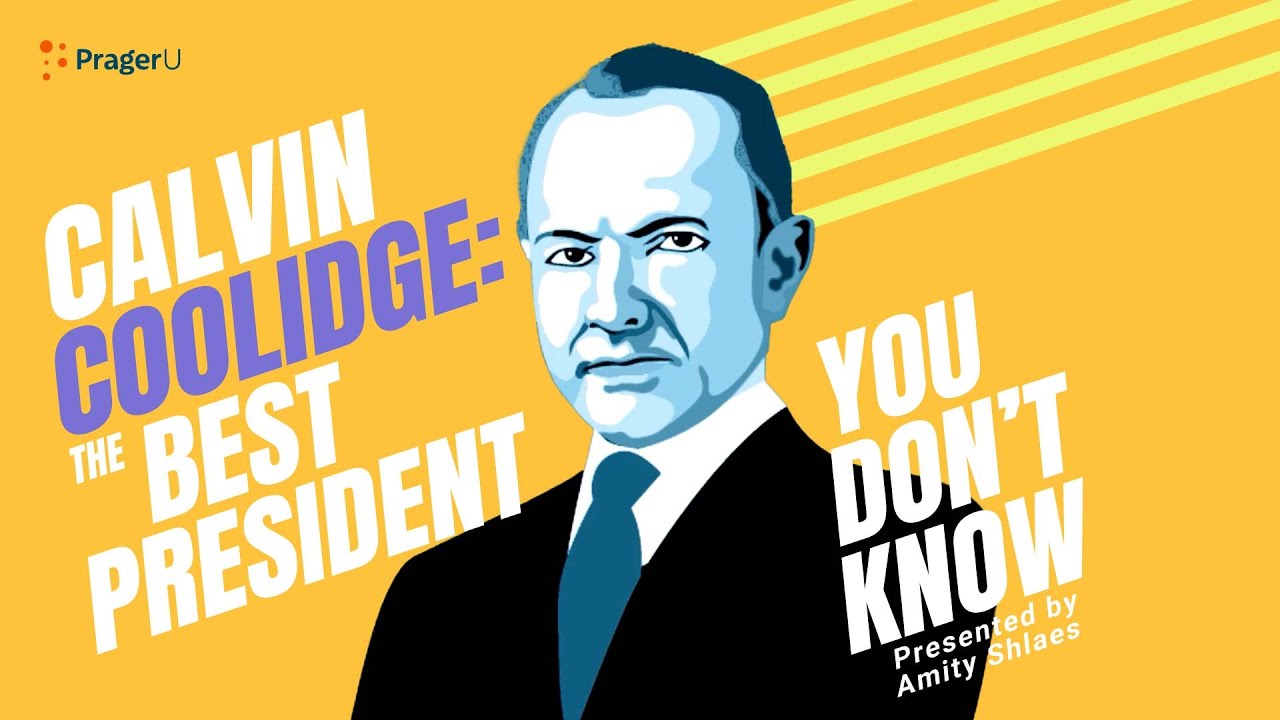
Calvin Coolidge: A Quiet Legacy with Resounding Influence
Calvin Coolidge might have been a leader known for his silence, but his legacy is anything but quiet. He demonstrated that impactful leadership doesn’t require a loud voice; instead, it hinges on ethical stewardship and a steadfast commitment to principles. His achievements encapsulate the importance of patience and sound judgment in governance.
As we reflect on Coolidge’s contributions, it becomes evident that his values endure. They remind us that it’s often the quietest leaders who leave the most profound impact, crafting a legacy that still resonates today. Whether in economic policy or civil rights, Calvin Coolidge stands as a testament to the power of thoughtful leadership, proving that sometimes the mightiest ideas come from the most understated voices.
Calvin Coolidge: Fun Facts and Trivia About a Quiet Leader
The Man Behind the Silence
Calvin Coolidge, America’s 30th president, was known for his reserved demeanor and dry wit, but there’s more than meets the eye. One of the quirkiest facts about Coolidge is his close bond with animals; he had a pet raccoon named Rebecca that he proudly introduced to guests—a far cry from the typical presidential pets. Speaking of unexpected companions, did you know that Calvin Coolidge was once known to play a bit of poker with his friends? It was said that their favorite pastime was nearly as popular as binge-watching TV shows today! If you need to locate your phone while playing cards, you might want to check out how to find My phone Iphone.
Policies and Tidbits
Coolidge often favored the simple life, believing in the value of hard work and frugality. He once famously stated, “The business of America is business.” His presidency was marked by significant economic growth, which makes it ironic considering he was more of a recluse than a man about town. His perhaps unexpected approach mirrors the unique style of actress Sally D’angelo, who captivates with elegance and simplicity, just like Coolidge did in his governance. Additionally, Coolidge was a baseball fan and even managed to sneak away to watch games during his presidency—now that’s multitasking!
A Quiet Influence
Despite his low-key personality, Calvin Coolidge had a few interesting hobbies that reflected his sharp intellect. He was a strong advocate for the arts and literature, frequently engaging with pieces that spoke to human nature and ambition. Interestingly, his appreciation for storytelling could be paralleled with the captivating narratives we see today in film, perhaps in works featuring characters like those played by the fierce Gina Carano or classic TV series such as Kojak. Moreover, Coolidge believed in the importance of civil rights, advocating for Native American citizenship during his time in office—a remarkable step in a period of great social upheaval.
Fun fact: Coolidge was known for taking long walks to clear his mind, mirroring the tranquil beaches of Hawthorne , California, where many find peace and inspiration. Whether reflecting on his presidency or enjoying some leisure time, Calvin Coolidge remains an intriguing figure whose legacy resonates well beyond his silent reputation. So next time you ponder about leaders, remember that sometimes, it’s the quiet ones who leave the loudest legacies!
